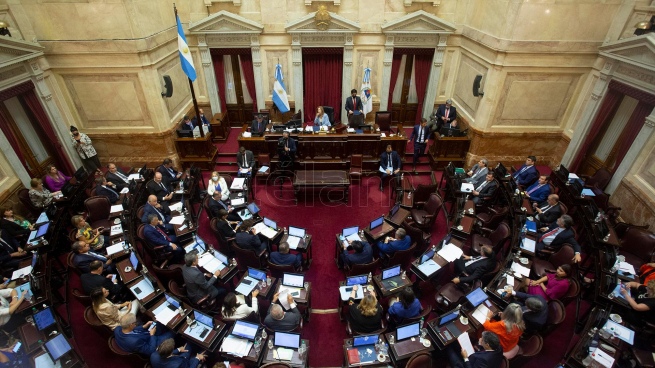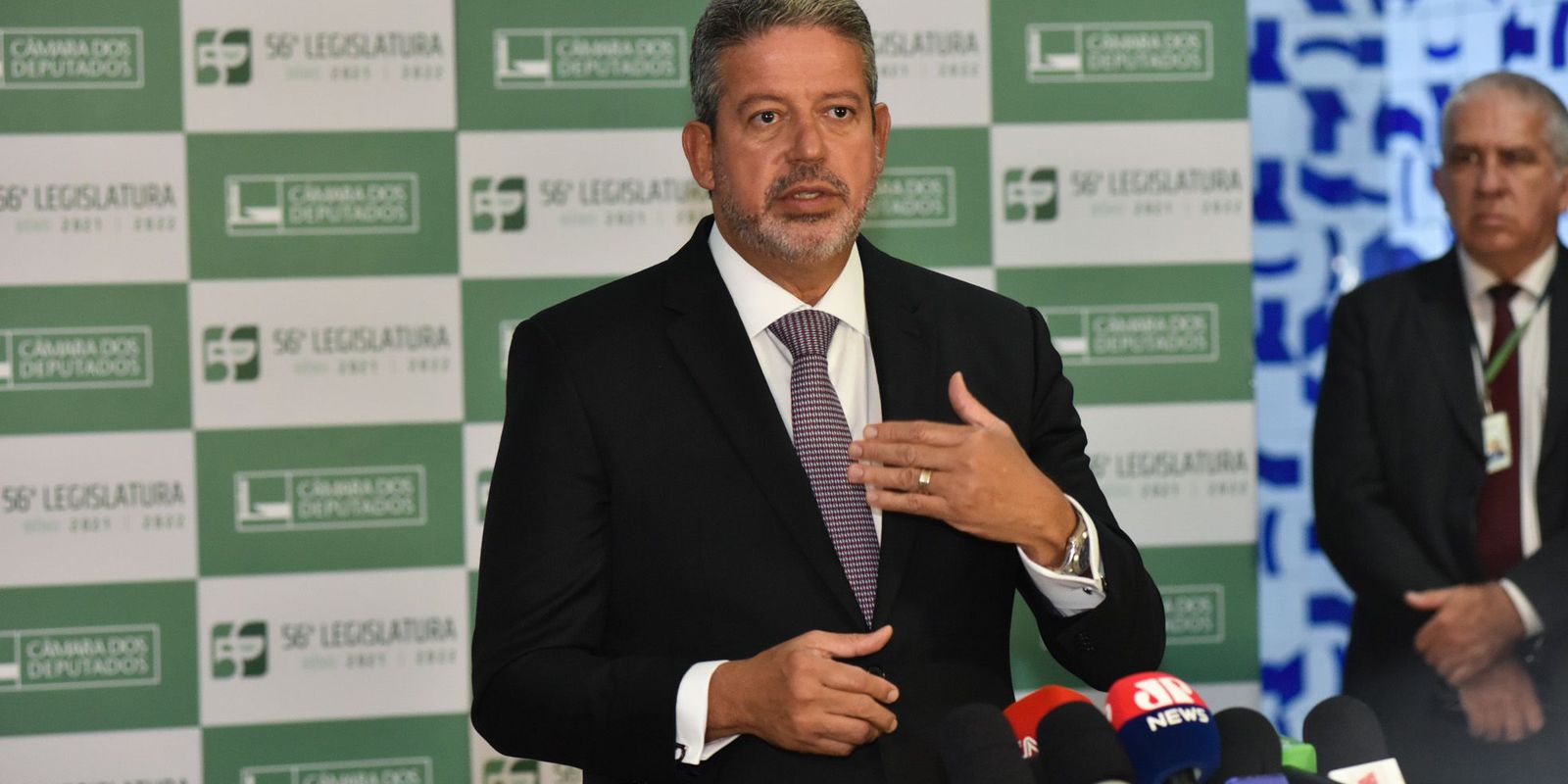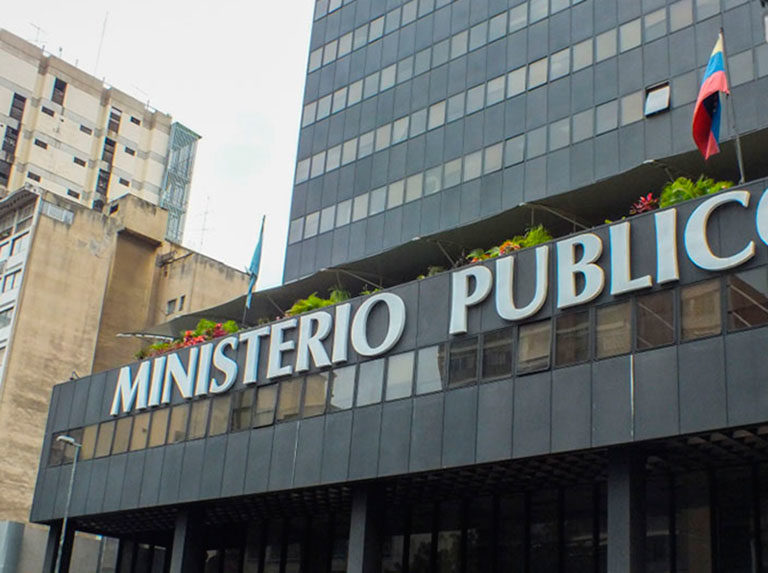The Senate of the Nation will begin to debate this Wednesday a series of bills that introduce modifications to the formation of the National Supreme Court of Justice, such as the increase in the number of its members, during a plenary session of the Constitutional Affairs and Justice and Criminal Affairs committeesit was officially reported.
The meeting will take place from 12:30 in the Arturo Illia Hall of the Legislative Palace and will serve to advance the treatment of three initiatives presented by senators of the ruling party and some of its allies.
In principle, the intention is put together an agenda to carry out a series of hearings that will be attended by specialists in the field.
one of the files under study was powered by Adolfo Rodríguez Saá from San Luis, which is part of the brand-new National and Popular Front bloc of the upper house, and proposes to increase the number of judges on the Court from 5 to 9, as well as to federalize the highest court with the appointment of judges by region.
Another of the initiatives under study was presented by the national senator for La Rioja Clara Vega and it consists of the application in the Court of gender parity between men and women, with the intention of increasing the role of female jurists and giving the highest court greater federalism.
Vega entered the upper house for Together for Change in December 2019 but four months ago he joined the Peronist ruling party.
Another project is that of the representative of Together We Are Río Negro and regular ally of the Frente de Todos Alberto Weretilneck, whose main characteristic is that it raises the number of judges of the Supreme Court to 16.
Among its objectives, the project of the former Rio Negro governor proposes to guarantee and promote gender parity and a representation of federalism in the highest court of the Nation’s Judicial Power.
The file establishes that, to guarantee federalism, the Court must be made up of at least three judges for each region, who must be natives of it, or have at least eight years of immediate residence in the respective area.
For this, the regions of CABA and Buenos Aires will be taken into account; in the North of the country, Jujuy, Salta, Tucumán, Chaco, Formosa, Corrientes, Misiones and Santiago del Estero; through the Center, La Rioja, Catamarca, Mendoza, San Juan, San Luis, Córdoba, Santa Fe and Entre Ríos, and through the South, Neuquén, La Pampa, Río Negro, Chubut, Santa Cruz and Tierra del Fuego.
The president of the Court, according to the Weretilneck project, will be appointed by majority vote of all the magistrates that make it up for a term of one year and a president from the same region cannot be elected consecutively.
From Together for Change they advanced that these initiatives, if they prosper in the upper house, They will not have the endorsement in the Chamber of Deputies and they reproached the ruling party for assuming attitudes with “electoral effects.”
In the FOT, instead, they assured that, in the event of any regulation being approved, “should be by consensuswhile the national government expressed concern about the institutional “conflict” between the Legislative and the Judicial branches.
From the ruling party they assured that the plenary will include the invitation to constitutionalists and law experts from different specialties to refer to the possible modification of the highest court.








